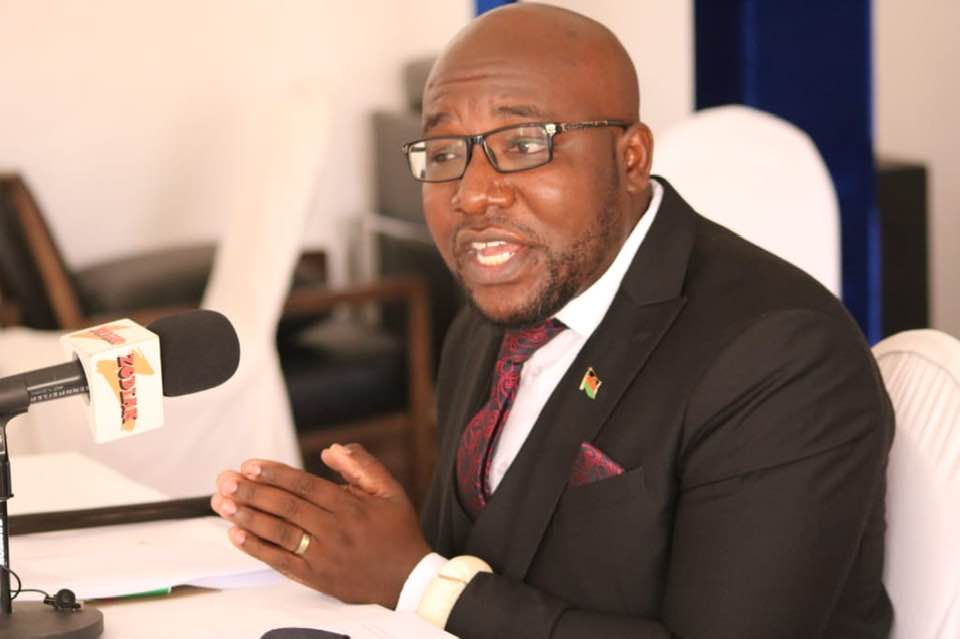UN paints gloomy picture of Malawi’s waste management
Malawians dump 72 percent of their garbage either in rivers or open spaces or burn them which worsens environmental pollution, a United Nations Environmental Programme (Unep) report has disclosed.
While environmental and public health experts have warned that the situation could result in the rise of cholera and malaria cases, district council authorities have pledged to step up their efforts to contain the challenge.

The problem, according to the report, is aggravated by lack of adequate garbage collection, treatment and disposal facilities.
UN statistics show that 988 tonnes of garbage is produced on a daily basis in Blantyre and Lilongwe where only 28 percent or 276.6 tonnes is properly disposed of.
The report says Blantyre produces 435 tonnes while Lilongwe produces 553 tonnes of wastes.
This is equivalent to 435 000 and 553 000 garbage bags weighing 10 kilogrammes (kg) each.
This means 360 620 tonnes or 360 620 000 10-kg bags of garbage are produced annually.
Centre for Environmental Policy and Advocacy executive director Herbert Mwalukomo attributed the worsening environmental pollution to lack of functional systems, especially in city councils.
He said: “The only provisions we have, for example, in our by-laws is for someone to have a receptacle but then in terms of collection it is very poor because our councils do not have all facilities and resources to do so”.
Mwalukomo, however, said this can be changed by exploring innovative ways such as generating compost from garbage.
He also stressed the need for a high-level political commitment in enforcing policies and protecting the environment.
Kamuzu University of Health Sciences epidemiology and public health professor Adamson Muula said improper waste disposal harms life in the short and long-term.
He said: “The cholera outbreak that our cities are just coming out from is a waste disposal problem. I believe Malawi has had this experience for far too long.
“The mosquitoes and malaria problems are difficult to deal with in communities with poor garbage disposal systems.”
While stressing that knowledge on safe garbage disposal is needed, Muula urged city residents to hold their councils accountable for failing them in managing waste.
He said: “Unfortunately, city residents have for one reason or another failed to organise themselves to demand quality services.”
Three out of four city councils we spoke to outlined measures they have put in place to reduce environmental pollution.
Lilongwe City Council Mayor Richard Banda in an interview said they are working with environmental policy think tank Waste Advisers and the United Nations Children’s Fund to manage wastes.
Mzuzu City Council spokesperson MacDonald Gondwe said they formed waste management committees in communities.
But Blantyre City Council spokesperson Deborah Luka said there has been an improvement in garbage collection services since they now have seven refuse trucks.
When contacted, Zomba City Mayor Dave Maunde asked for more time before responding.
According to Unep, Malawi will in the years to come face an uphill task to combat problems associated with waste management due to rapid population growth and slow economic development.





